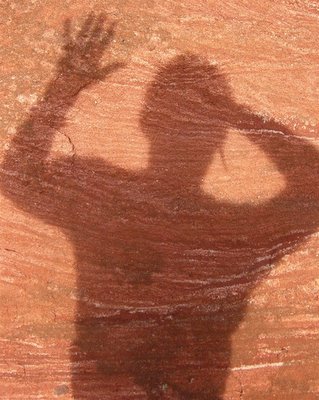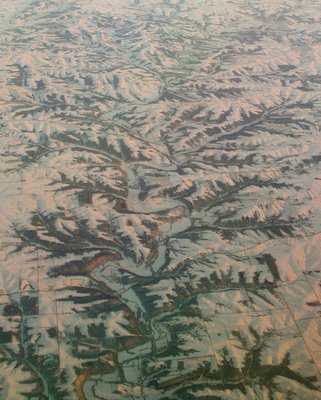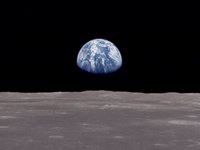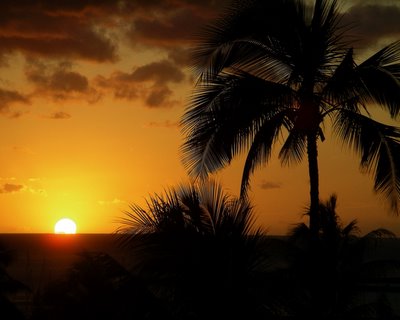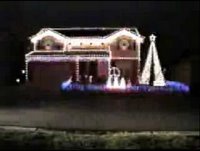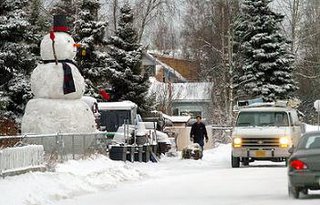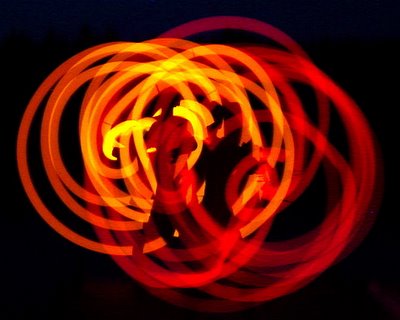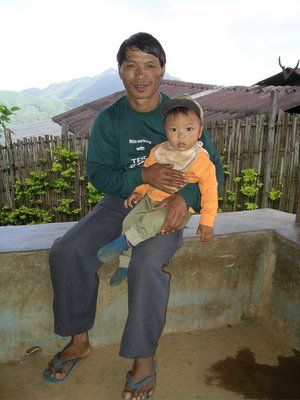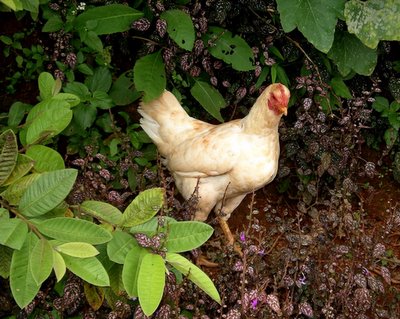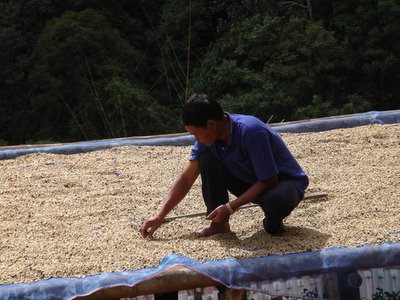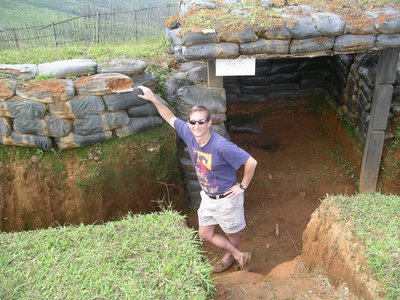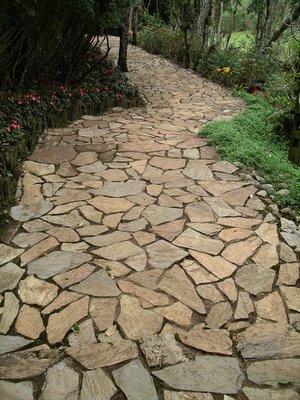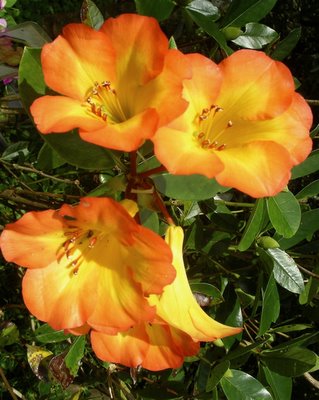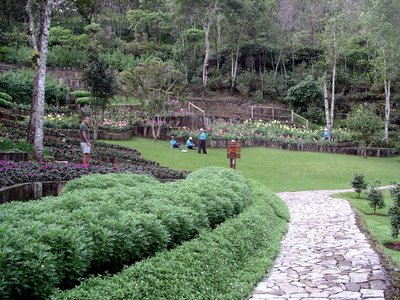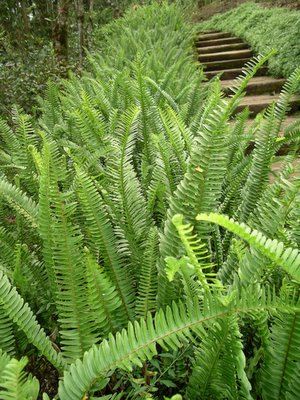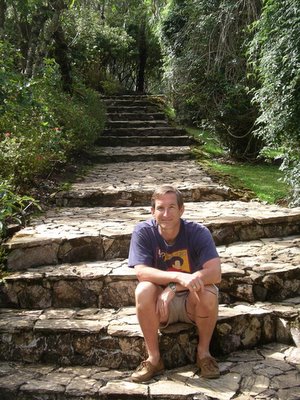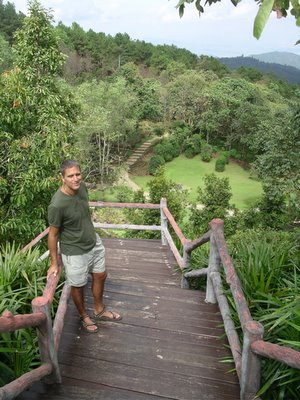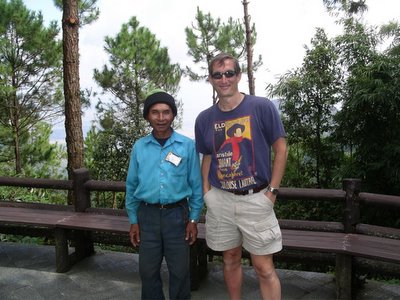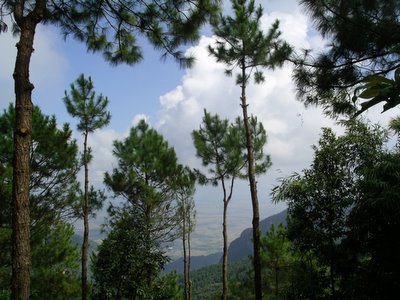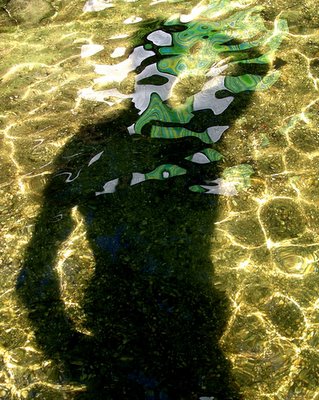
I find life so fascinating. I am (and always have been) learning something new every day. And now I’m learning just how cunning the ego is. Consider the following:
Who is Steve Crisp? Is he the same person that he was 10 or 15 or 20 years ago? By what definition and what yardstick?
By the yardstick of science, I look similar (but certainly not the same). Some of my measurable statistics have changed: though my height has remained pretty constant, my weight and waist size have gone up and come down. Most people would recognize me, certainly when coupled with my mannerisms and speech, but then the human mind is an amazing pattern recognition machine. So not the same, but quite similar according to science.
By the yardstick of art, most would say I’m quite different. Back then I’d be more known for a critical review of a requirements specification or development and presentation of a Powerpoint briefing. Now people may associate me more with photographs and web logs (almost sounds like a song title ;-)
By the yardstick of spirituality, I think it’s fair to say I’m a rather different being. In the past, I had no use for spirituality (and especially organized religion). Now I spend a significant amount of time “seeking” (or "un-doing") which for me really means various forms of contemplation. And I prefer to expose myself to spiritual or insightful material (books, discussions, etc.)
So again I ask, who is Steve Crisp? Am I the same person, really in ANY sense, that I was 10 or 15 or 20 years ago? Well you say, you may have changed your likes and dislikes, your areas of emphasis and attention, but surely you are the same person. That individual has been accumulating experiences and they help define who you are. Surely you (and no one else) can look back into your memory and relive or re-examine some past experiences.
But I wonder if even that is true. When I look back into my (admittedly blurry memory) I actually find myself reinterpreting experiences from my current vantage point. By this measure, something that at the time was painful, might now be seen as positive and developmental; and something that was pleasurable might be seen as hedonistic and unfulfilling. So even by the yardstick of my own memories, it seems to me I am a different person.
And at the risk of contradicting myself, this is consistent with a belief I’ve had for some time (which — once realized — has not changed). That at any instant in time, you can change who you are. You can “remake” yourself. And yes, it is possible by all of the yardsticks. You can go from being sad to happy, in an instant. You can go from being mean to being good, in an instant. You can go from not liking vegetables to liking vegetables, in an instant (trust me on this one). And yes, even some of your “measurable” characteristics can change, in an instant (e.g., blood pressure, heart rate, etc.). We only have to believe (or know) that it is possible. And perhaps we have to learn some of the techniques and develop the right perspectives.
Now if this is all true, then what is the ego? Quite a clever fellow I would say. It is giving me the illusion of a single being, living a single life through a brief period of universal space-time. It has a series of beliefs, it has a history, it is your identify. Don’t mess with the ego. Bah, humbug — I’m not buying it. Considered carefully, I think I am who I am for the instant that I consider the question. And in that instant, I’m not the Steve Crisp you’ve all come to know (and love ;-). I’m a part of the infinite, the all, the source, Being, that has expressed itself in precisely this fashion at this time.
So hey, it’s me — the (always) "new" Steve, and I’m damn happy to know you. I hope you have a mind-boggling day!
S-

